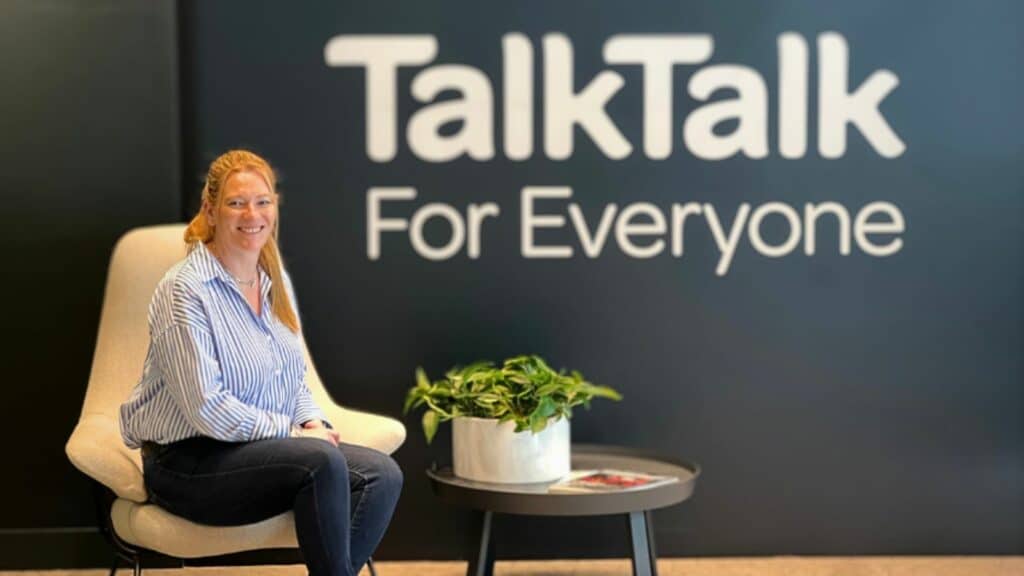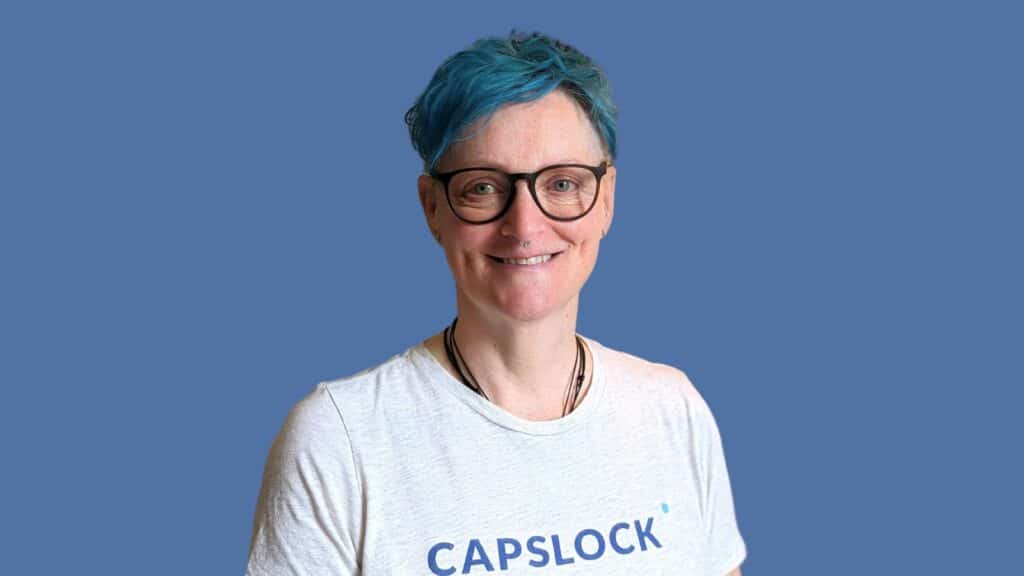Social media was flooded with trending campaigns and corporate pledges once again ahead of International Women’s Day today. But beyond the buzz, without real action, these efforts risk being little more than performative activism.
Beyond policy and incentives, organisations need “practical steps to drive change”, say a number of female Northern leaders.
“Empowerment is a powerful company value for us, and something which all organisations should prioritise. The barriers women in tech face can be both glaring and invisible, so removing them has to be a purposeful mission rather than just a side project,” said Ruth Kennedy, CEO of TalkTalk Business.
READ MORE: Version 1 reveals £40million tech investment creating 1000 jobs
As a female CEO, she is passionate about supporting women in the tech industry and argues organisations should prioritise empowering women by removing the barriers that women in tech face.
“Women deserve to have successful, impactful, and diverse careers in tech. With the right facilities, openness, and culture, women can empower their own careers and others’ in the tech industry.”

“Real change requires action”
Cyber security expert Dr Andrea Cullen is the CEO and co-founder of Manchester-based cyber skills company CAPSLOCK. With over 30 years of experience in tech and cyber, she says little has changed in that time and there’s still a long way to go to achieve gender equality within the industry.
“After 30 years in the tech sector, I’ve seen progress in breaking barriers, but challenges remain,” she explains.
“When I studied computer science, I was often one of the only women in the room, and that lack of representation made it hard to envision a clear career path. Today, many women still face this struggle.
“Confidence, not ability, remains one of the biggest barriers, with women often feeling unheard and undervalued. I’ve seen how men of all ages often push themselves forward while equally capable women hesitate. This isn’t about skill, it’s about how the industry perceives and supports women in tech. Without strong female role models at every level, breaking into and advancing in the field remains difficult.”

“While diversity is now part of the conversation, real change requires action,” Cullen urges.
“We need diversity at all levels, from schools to leadership positions, and recruiters must rethink hiring practices to ensure they’re accessible and not biased towards traditional university routes. An inclusive sector means creating an environment where women are heard, supported and empowered to lead.
“Beyond policy and incentives, organisations need practical steps to drive change. Many want to improve diversity but don’t know where to start, so taskforces providing resources on inclusive hiring and workplace culture can make a difference. We must move beyond conversation and amplify women’s voices, break down barriers and build an industry that reflects diversity.”
In the cyber industry, one of the biggest barriers is the “persistent perception that men are inherently better suited” for tech and cyber roles.
“This misconception creates a critical challenge for women: the lack of female role models at all levels. Without visible representation, breaking into the industry becomes even harder, reinforcing additional challenges such as not being taken seriously, being talked over and struggling to be heard.”
CAPSLOCK’s mission is to promote diversity across all aspects to “help bridge” the UK’s cyber skills gap: “To close this gap, the industry must remove barriers that prevent individuals from entering, regardless of their academic background, work experience, or financial situation,” she explains. “We tackle this challenge by offering accessible reskilling programmes for cyber roles at all levels, from entry to senior.”
READ MORE: Why the North is primed for a tech boom after £10bn AI data centre deal
READ MORE: £1.5m boost takes funding total at Newcastle safetytech to £7m
From removing financial barriers with flexible payment options, plus a remote and flexible learning approach, CAPSLOCK’s approach is to make cyber careers attainable for those “who might otherwise be excluded”.
“By creating more opportunities for diverse professionals to gain industry experience, we contribute to a more inclusive, skilled and resilient cyber workforce.”
“I’ve faced barriers but never let them define me”
Michelle Laithwaite, co-founder and CEO at premium meal prep company FuelHub, has faced her fair share of challenges when growing her company in a male-dominated industry.
“Whether its securing funding, earning respect in boardrooms, or breaking into established networks, I’ve faced barriers but never let them define me. Instead, I’ve built FuelHub on innovation, performance, and results, because in the end, credibility comes from delivering,” she explains.
“Being a woman in this space has given me an edge. I’ve had to be bold, resilient, and unapologetically confident, proving that leadership isn’t about gender- it’s about vision and execution. My goal isn’t just to grow FuelHub, but to challenge norms and open doors for more women in industries where we’ve been underrepresented for too long.”

On the real action she’d like to see in future, it is “key” that the industry increases the number of female investors, female-focused funds, plus address the “bias” in VC decision-making.
“Stronger networks, better access to mentorship, and encouraging more women to seek funding can also help improve this. Corporations and governments should back initiatives that support female entrepreneurs, while male allies in business must actively invest in and advocate for diversity. This isn’t about favouritism but about levelling the playing field and recognising that diverse leadership drives stronger businesses.”
At a business level, she urges companies to foster inclusive cultures with fair pay and diverse hiring, and “male allies must step up” to support female-led ventures.
“At FuelHub, I lead by example, proving women can thrive in male-dominated industries and paving the way for others to do the same.”












